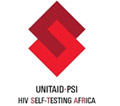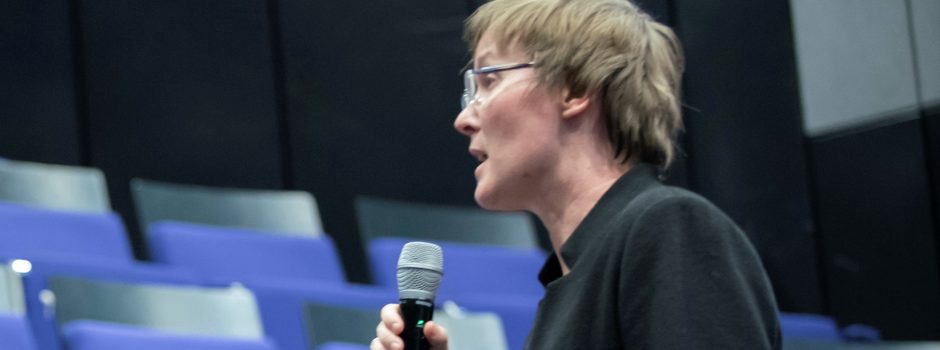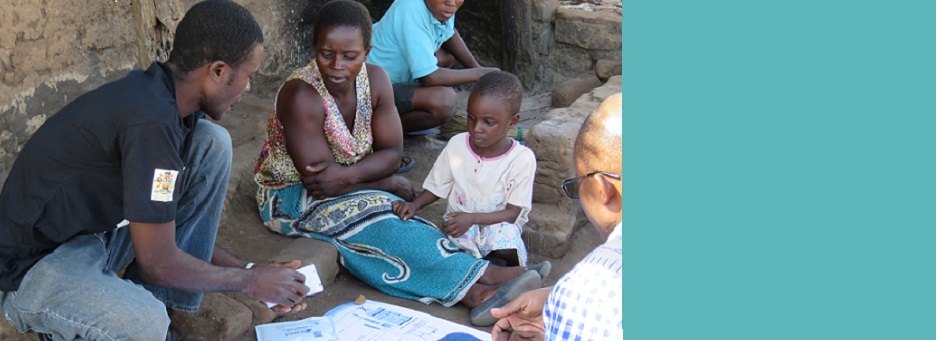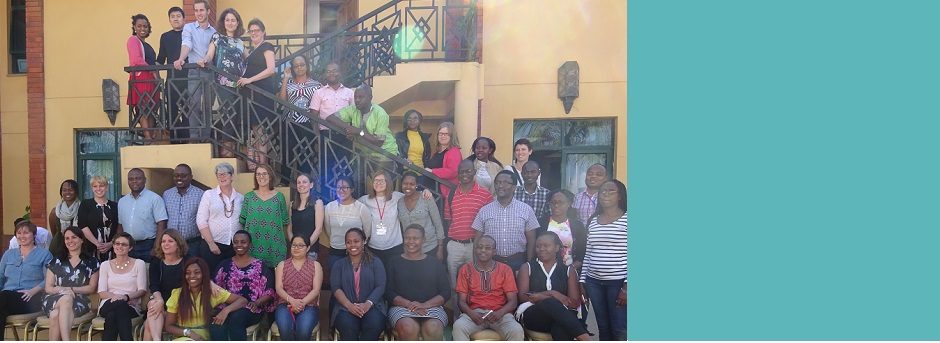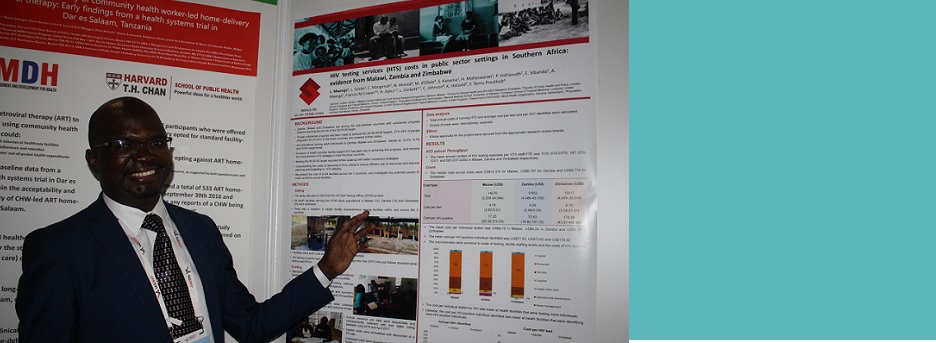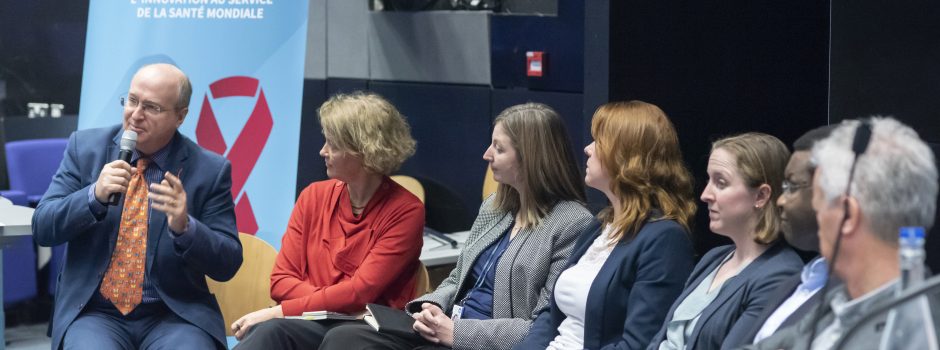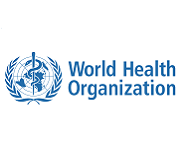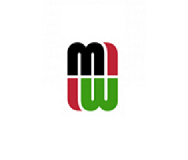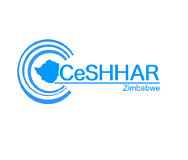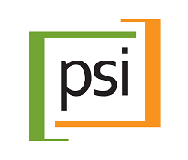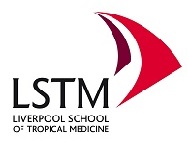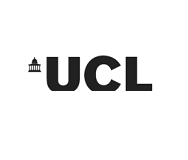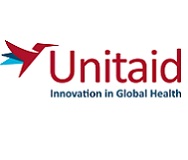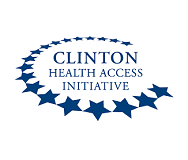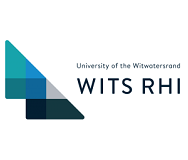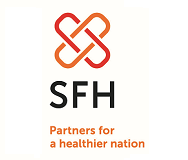HIV self-testing has the potential to play a vital role in moving towards the UN’s target that by 2020, 90% of all people living with HIV will know their HIV status, 90% of all people diagnosed with HIV will receive sustained antiretroviral therapy and 90% of all people receiving antiretroviral therapy will have durable suppression.
While there have been tremendous efforts to close the HIV testing gap, currently only an estimated 62% of people living with HIV in Southern Africa know their status.
However HIV self-testing remains uncommon in Africa, and more evidence is urgently needed to inform policy and programming decisions at global and national levels, particularly for high burden countries.
The Unitaid/PSI HIV Self-Testing Africa (STAR) Initiative is the largest evaluation of HIV self-testing (HIVST) in Africa to date, the results from which have informed WHO normative guidance and supported the development of national-level policy on HIV self-testing. In addition, the evidence generated has informed estimates of the market size, encouraged market entry among potential HIV self-test kit manufacturers, and informed the scale up of HIV self-testing globally.
The London School of Hygiene & Tropical Medicine (LSHTM) heads the STAR Research Consortium.
Find out more about the STAR Initiative and our team, and access the latest resources on HIV self-testing and from the project – presentations, publications and abstracts, protocols and tools, and country policies and strategies.

